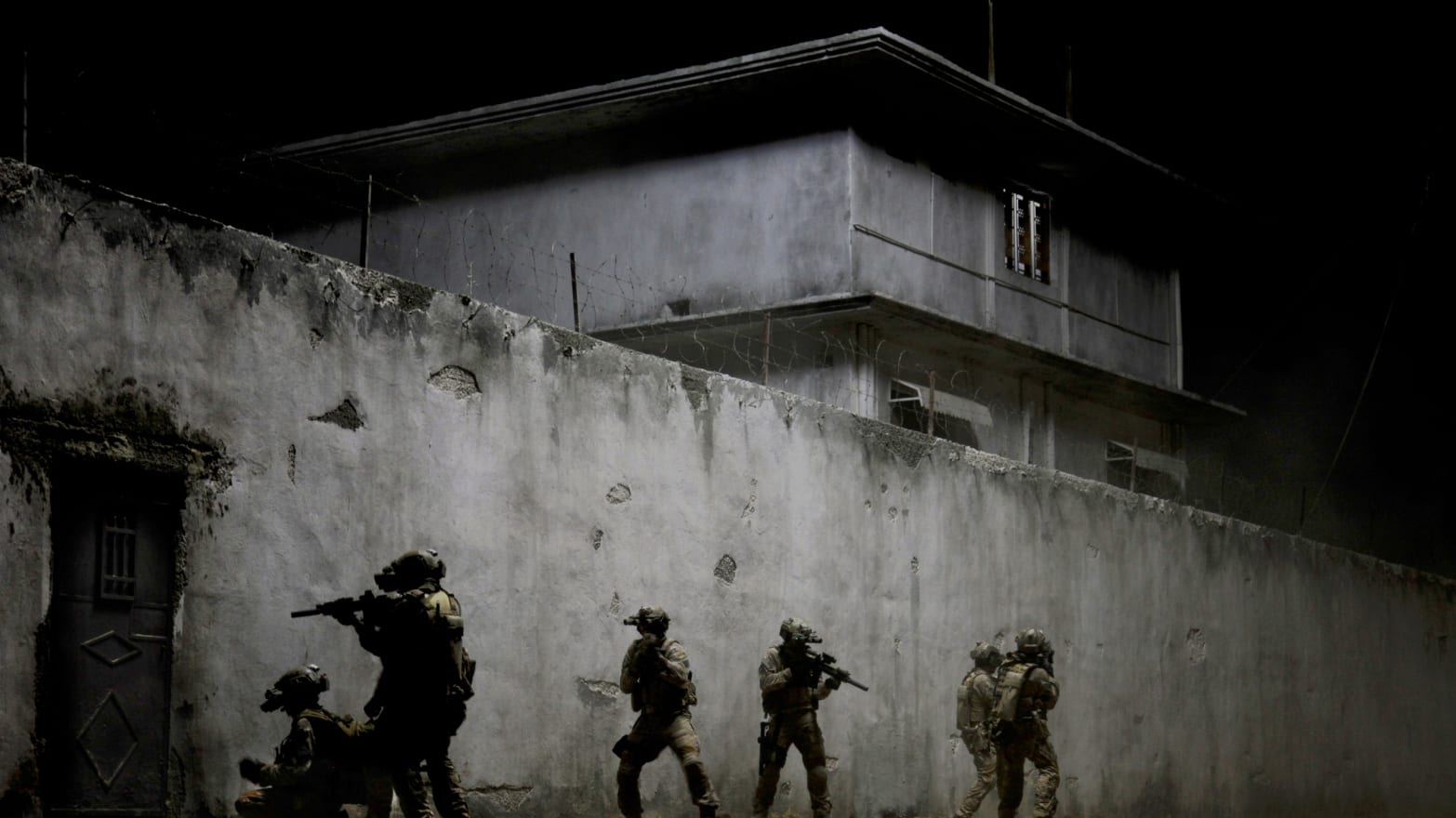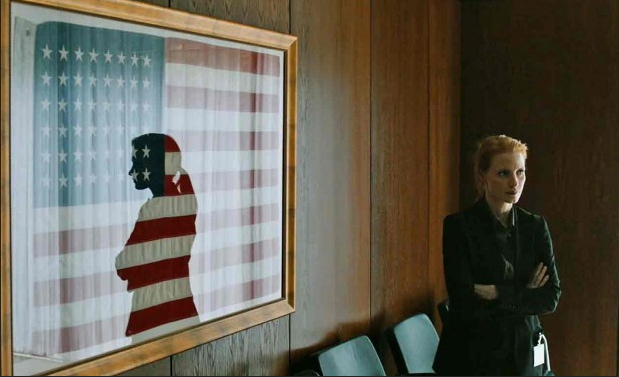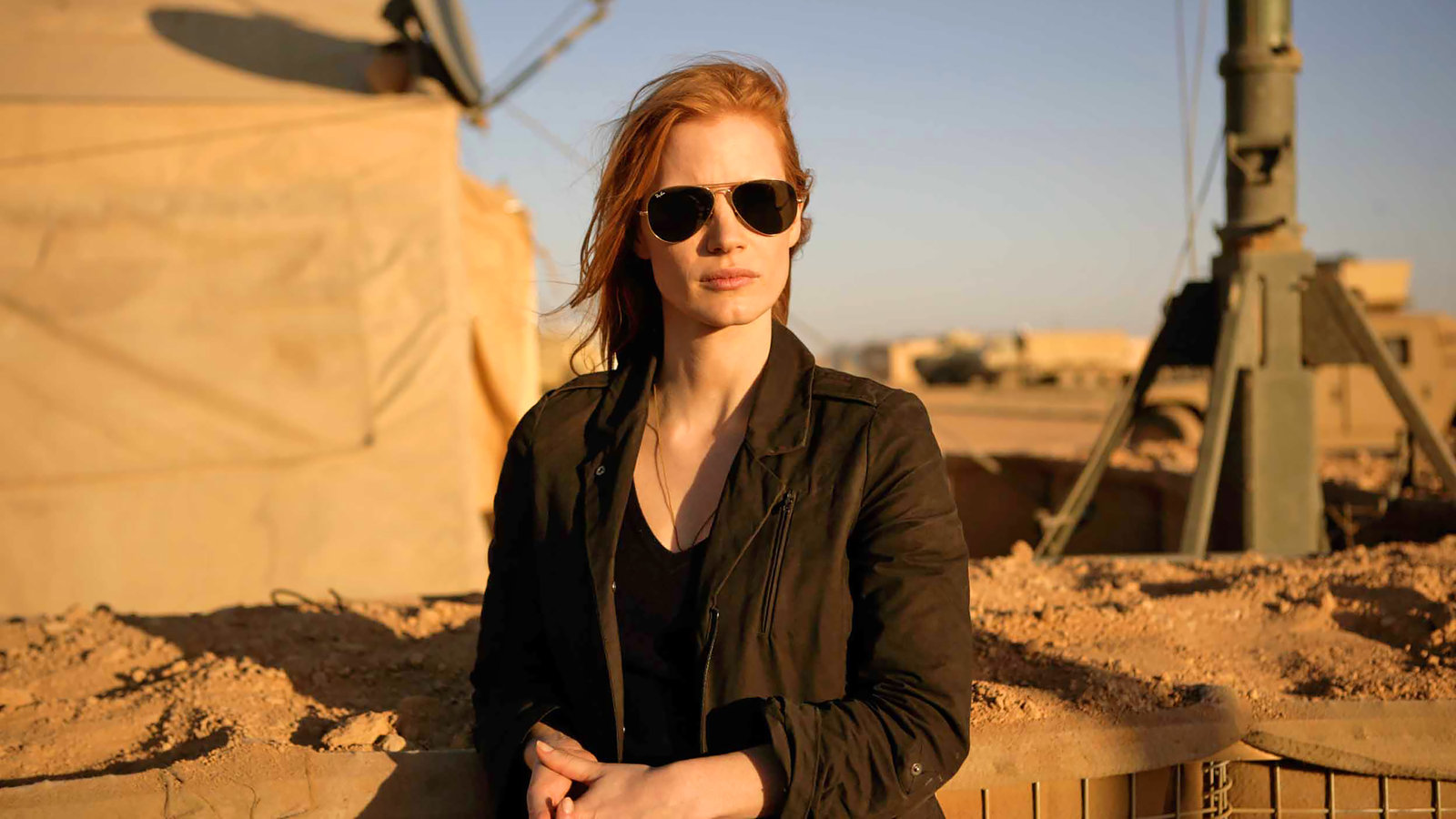Sawyer
17 and AFRAID of Sabrina Carpenter
- Joined
- Apr 4, 2004
- Messages
- 114,664
- Reaction score
- 28,179
- Points
- 203
Cool to see Wally Pfister praising this in the comments.
When Reeves and Fraser connect
One of my favorite cinematography works of the past 10 years.


I love his work for Zero Dark Thirty.
Casting aside, the costume designer is the next big piece of news I'm waiting on.
Absolutely! I honestly didnt even see Wally's comment until you mentioned. 2 incredible Cinematographers involved with BatmanFraser and Wally exchanging praise on Instagram is very sweet. Welcome to the family Greig!
Fraiser is a great choice. Whether they choose to go back to film or stick with the Alexa 65, he'll make it look great.
To me, the Arri Alexa is one of the few digital cameras that actually are comparable to 35mm cameras in terms of film-like output. The other cameras out on the market can be hit or miss (like Red, Canon and Varicam), depending on the filmmakers. Alexa has been consistent with many different productions, DPs, and studios.
I remember one early digital studio feature, Date Night, looked cheap as hell (and you could tell it was HD). It had a great DP, Dean Semler, who shot it on the Panasonic Genesis. I was stunned Fox let Semler and Shawn Levy use that crappy camera.
For me, if I had to shoot digitally, it would be Alexa or bust.
Disappointed to see Fraser going digital as he liked an IG post of mine a while ago asking whether they’d shoot on 35mm. Yes, digital can look great, bla bla but Gotham, Batman, that universe demands film imo. No amount of fake grain and DI magic will ever make digital look like film (nor does Joker).
Thankfully, Fraser doesn’t go for a “film like” look with digital and his work on the format is great. I just figured that Reeves would want to go back to film since he couldn’t shoot Dawn on film as he wished, plus there’s a lab in London, a shame.
I know the average joe doesn’t know and doesn’t care but film remains the golden standard, Dan Mindel talked about it for example (TROS). It’s about mood, texture, soul. And you have to work much harder to get something interesting digitally, without the magic and that beautiful life and texture to it.
Digital is convenient though and that’s why the wide majority of films and shows are shot digitally. But when something is shot on film (The Lighthouse is a great showcase lately, so is The Irishman (well, anything not involving deaging) ), it stands out.